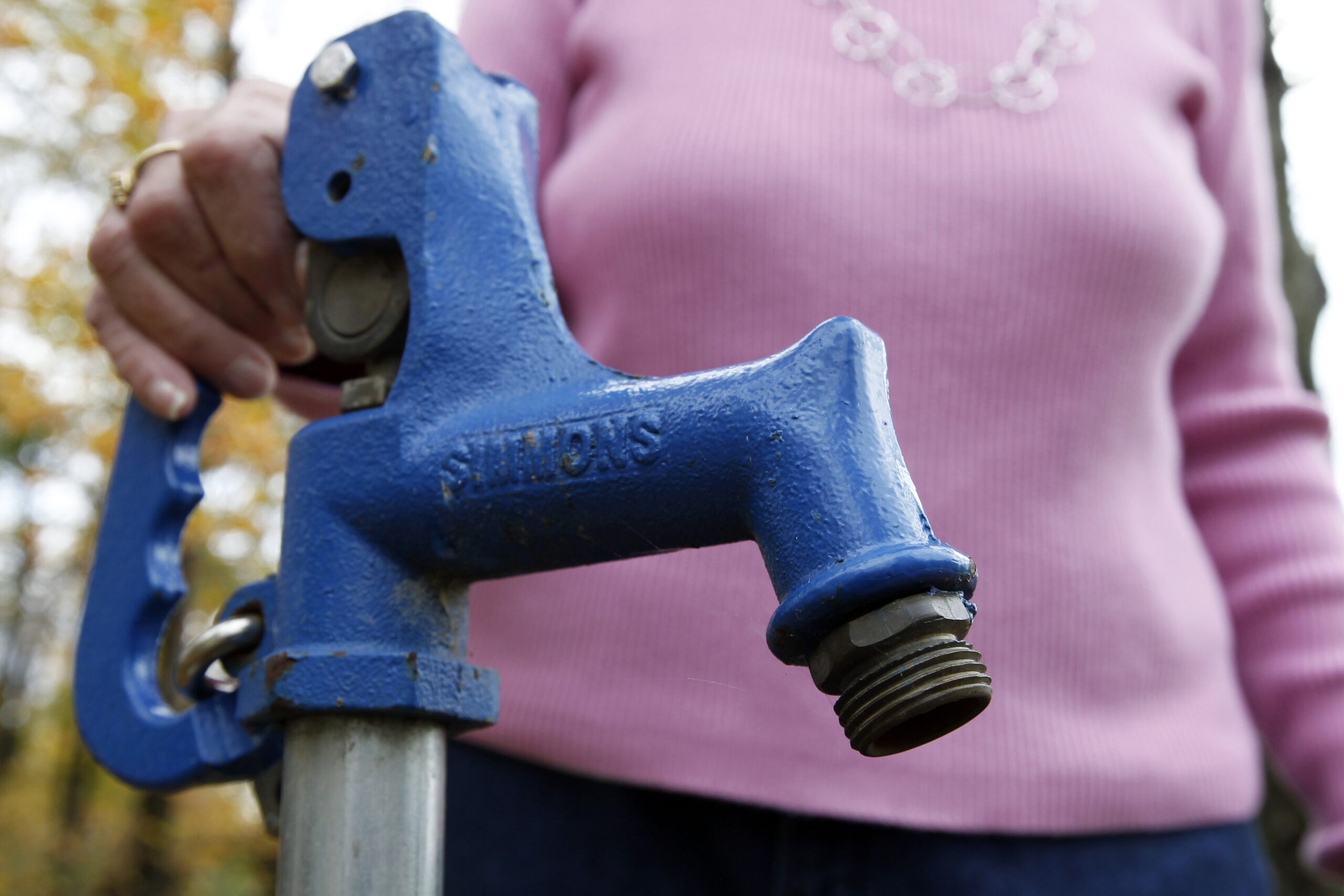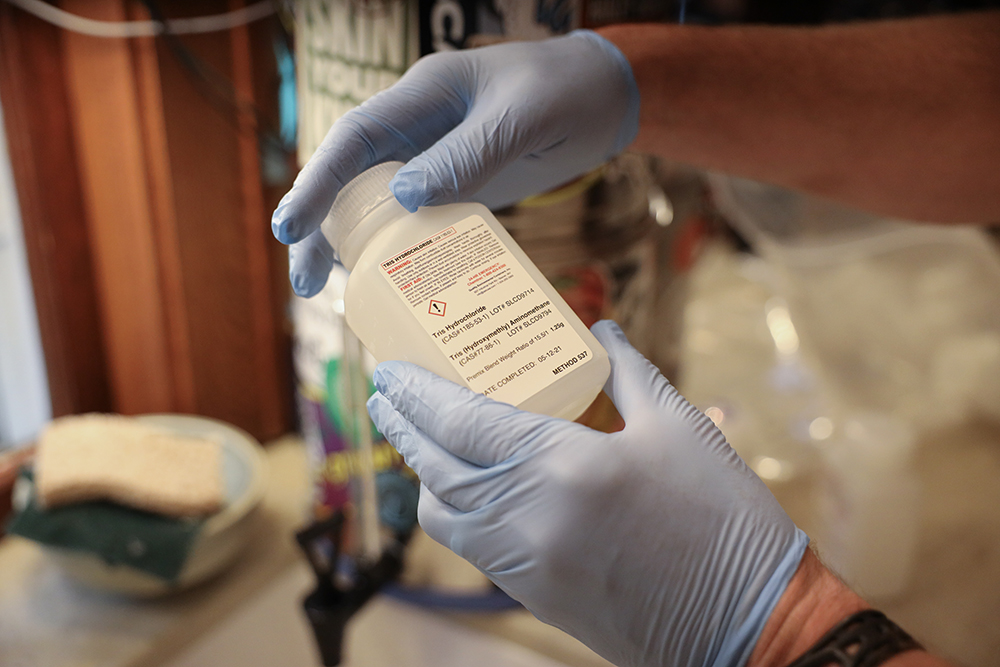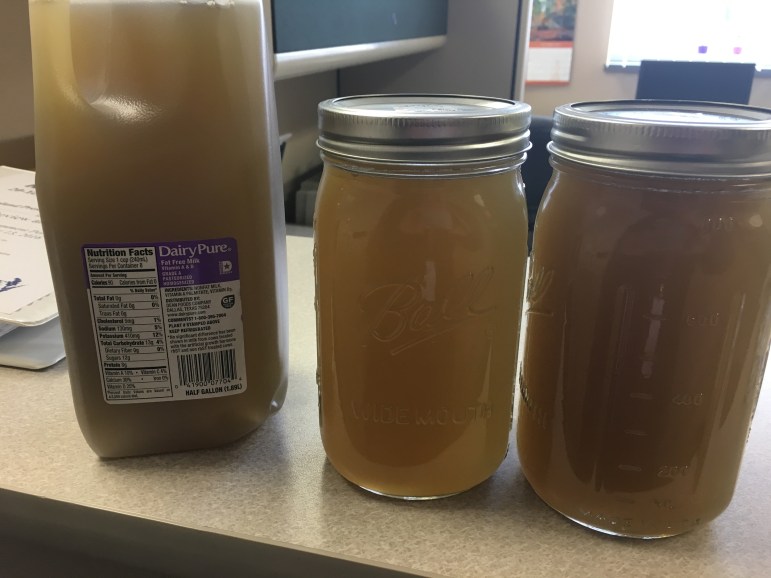Private wells account for about 25 percent of the drinking water for Wisconsin residents, and contamination of those water sources has been of growing concern for some time now.
Several bills are currently circulating the state Senate looking to protect and improve water quality in the state, including a proposed bill from state Sen. Patrick Testin, R-Stevens Point, tackling nitrates.
The Wisconsin Department of Health Services estimates at least 10 percent of private wells in Wisconsin are contaminated with nitrate levels above the 10 parts per million recommended by the U.S. Environmental Protection Agency — though location matters.
Stay informed on the latest news
Sign up for WPR’s email newsletter.
“We know it’s a huge problem,” Testin said. “Certain areas of the state are more susceptible … so districts like mine that are concentrated primarily in the central sands region where those wells are more susceptible to nitrate contamination just because of heavy ag use and other uses, as well.”
And in southwest Wisconsin, a recent survey found 16 percent of private wells had nitrate levels exceeding the standard.
The bill would create a $10 million pilot program housed within DHS that would give eligible homeowners up to $2,500 in grants for well testing, installing a filtration system or paying to repair or replace an existing well.
Nitrates typically enter groundwater from fertilizers and animal and human waste — high levels of nitrates have been tied to proximity to agricultural fields and depth to bedrock. Nitrates can disrupt the blood’s ability to carry oxygen and have been linked to “blue baby syndrome” in infants.
Because of the increased dangers of nitrate contamination to vulnerable populations, preference for the grants would be given to households with a member who is pregnant or breastfeeding, has a child under 3 years old or a resident who is over 65.
A current well compensation fund administered through the state Department of Natural Resources exists, but to qualify, nitrate levels must be over 40 ppm — four times the EPA safe standard — and the well water must be a source for both livestock and the residence.
State Sen. Robert Cowles, R-Green Bay, who chairs the Senate Committee on Natural Resources and Energy and co-sponsored the bill, said the bill will likely move forward in the coming weeks.
“This isn’t going to happen overnight,” he said. “Meanwhile people’s wells are damaged … this isn’t going to be fixed in one year, five years, this is going to take a continual effort and that’s why the money for filtration and new wells is so important.”
Two other bills circulating the state Senate are aiming to address permit staffing shortages at the DNR and to create a system for buying and selling water pollution credits.
Cowles said there’s momentum behind water quality legislation.
“There’s wind at our back,” he said. “I think people are seeing this as very much a bipartisan issue and I think we’re gonna make significant advancements.”
Wisconsin Public Radio, © Copyright 2024, Board of Regents of the University of Wisconsin System and Wisconsin Educational Communications Board.





